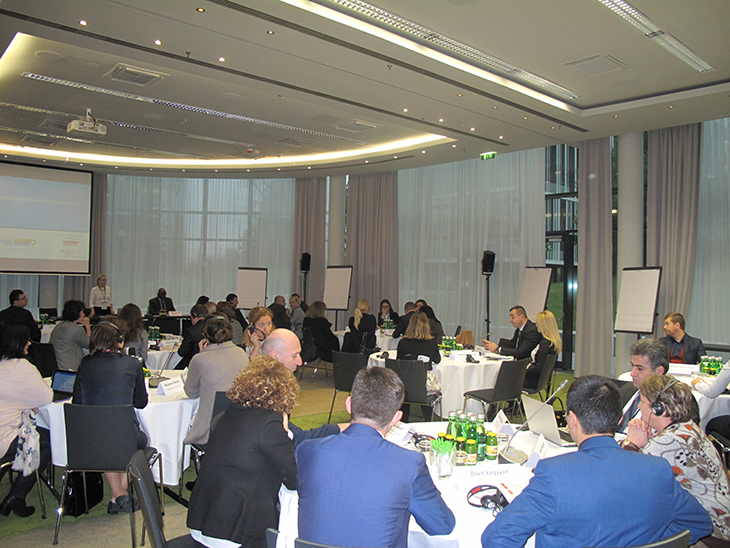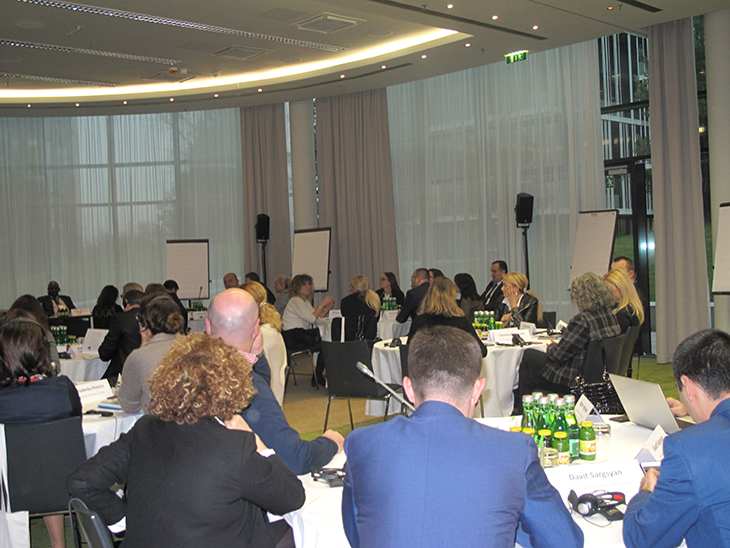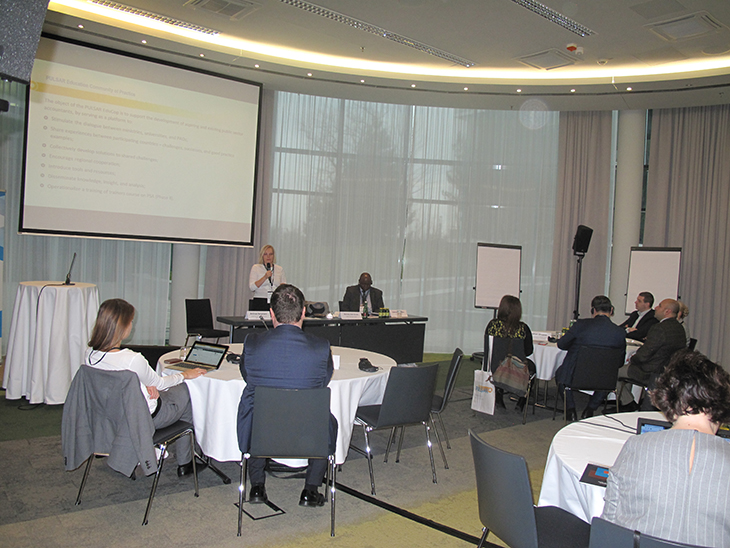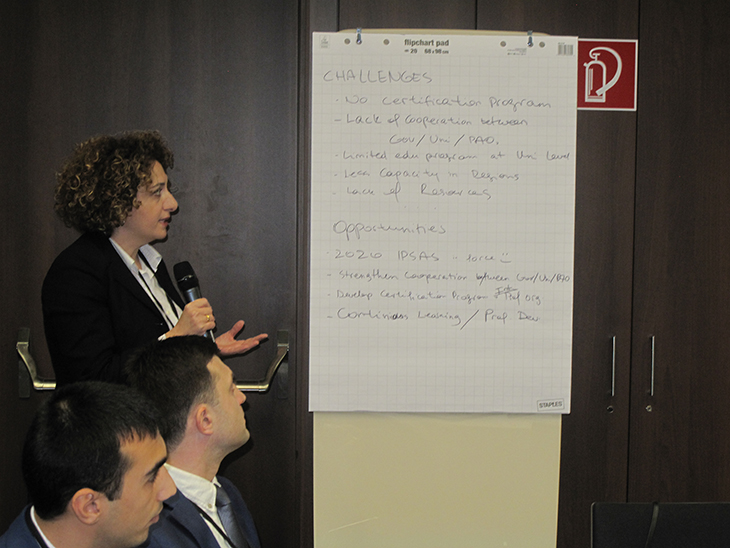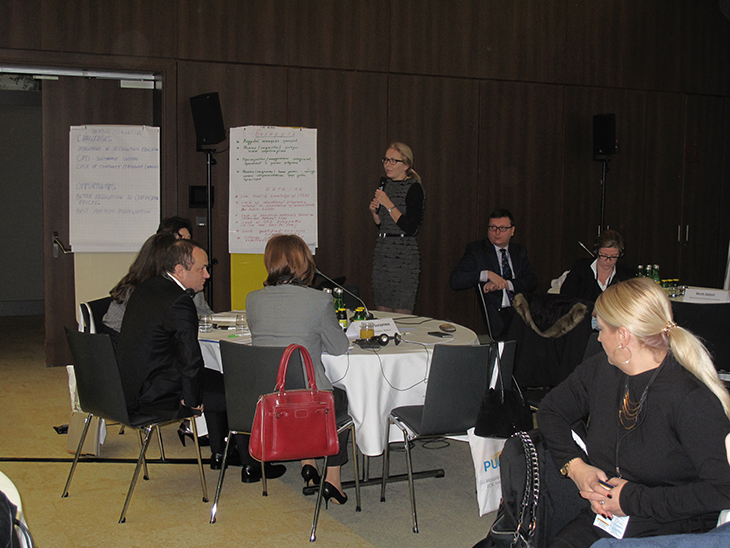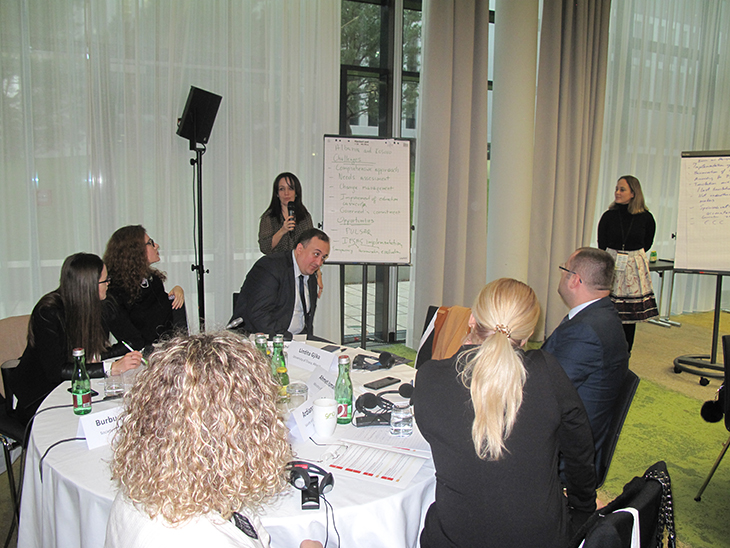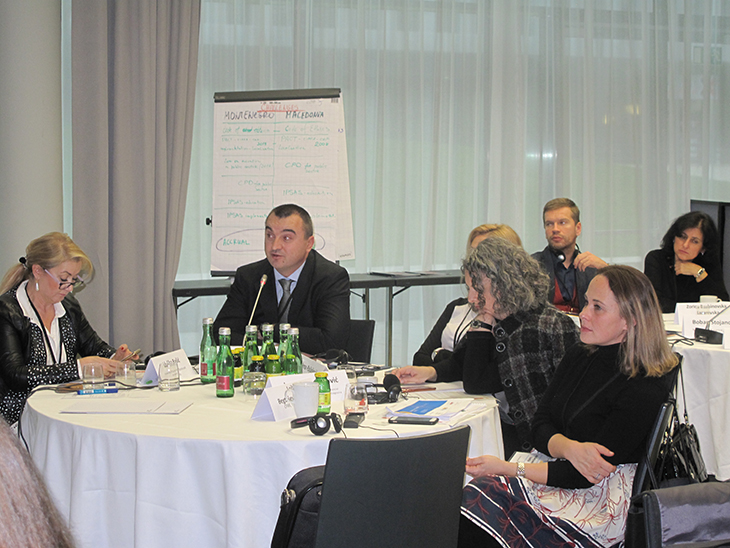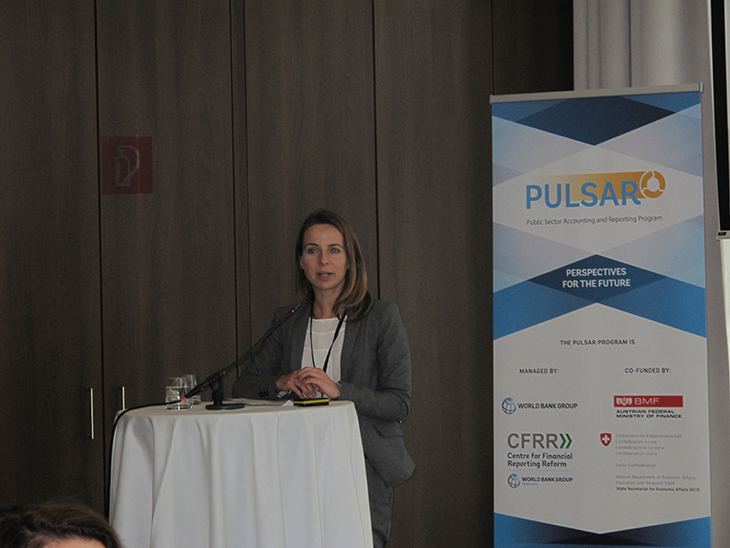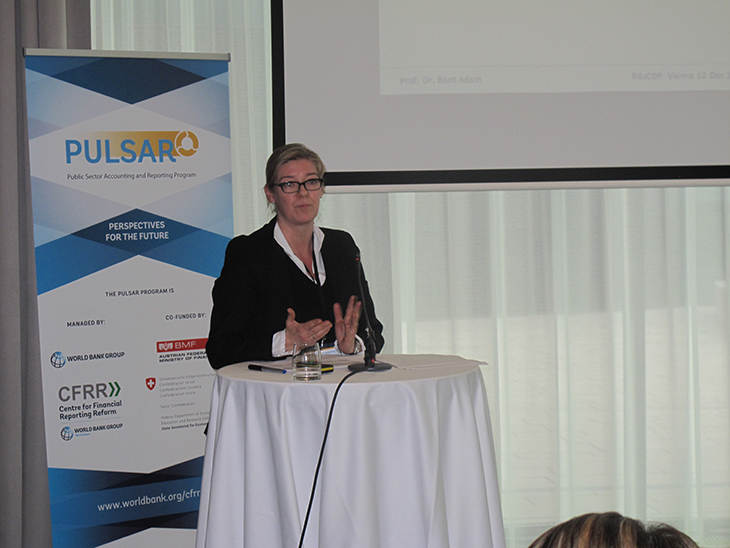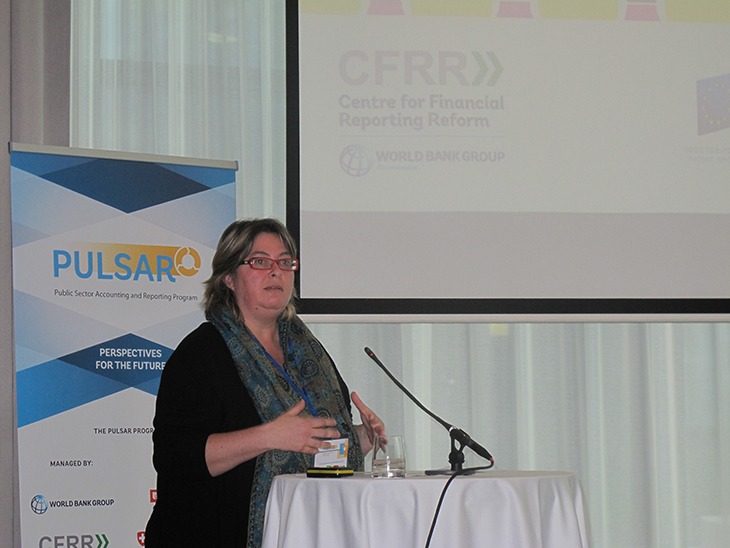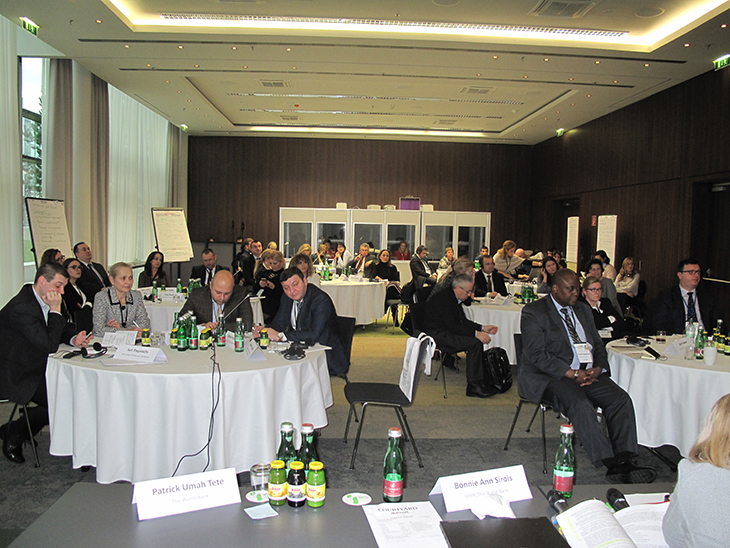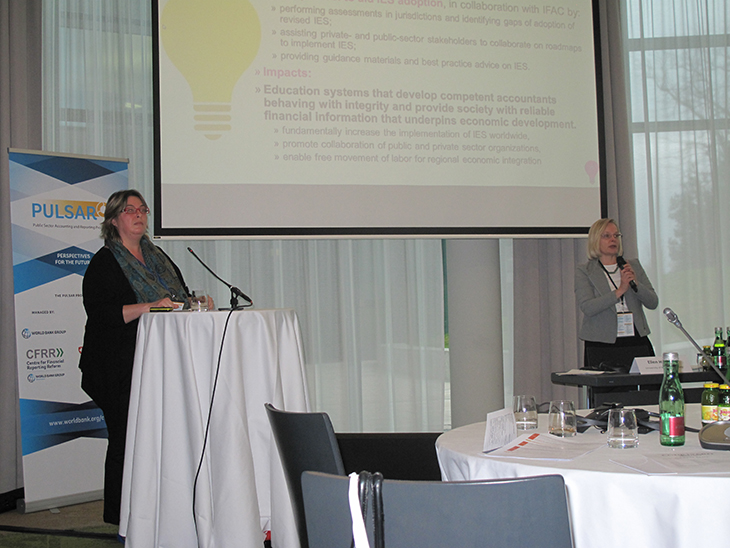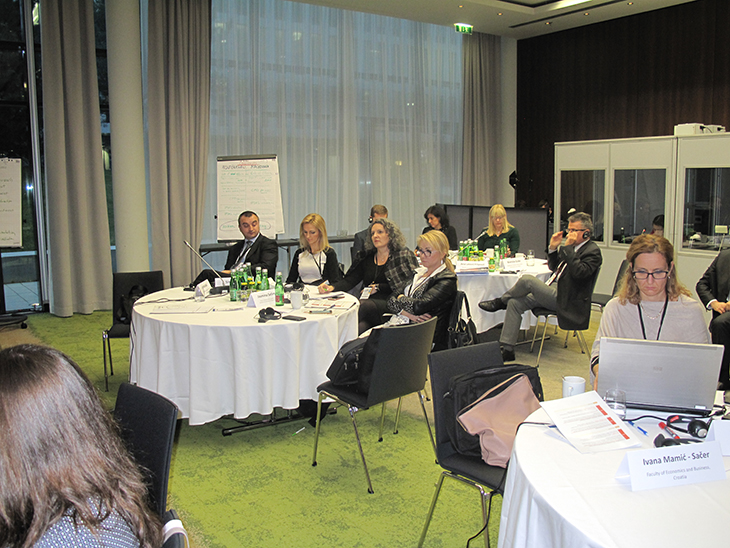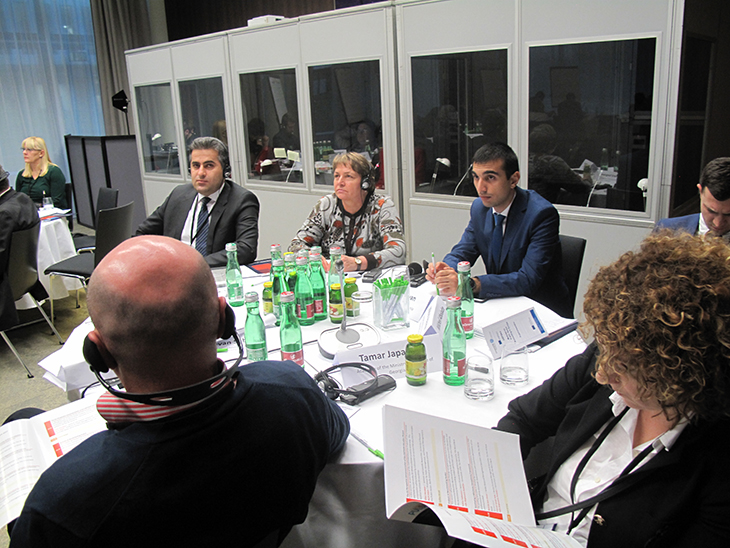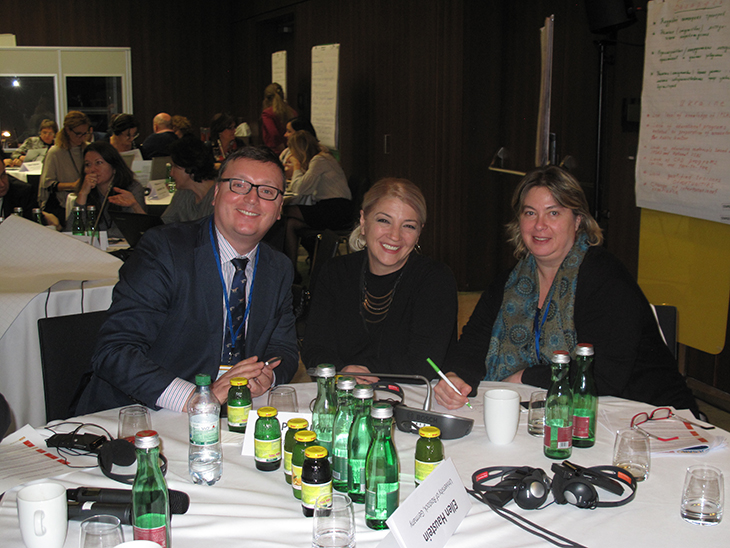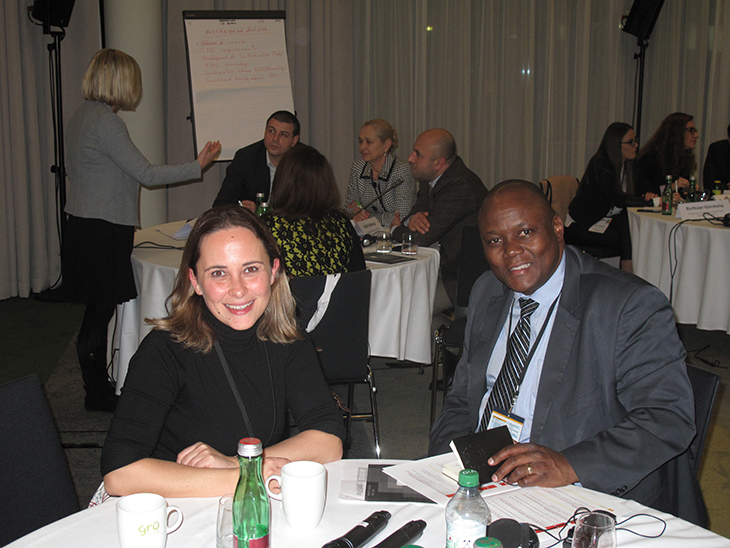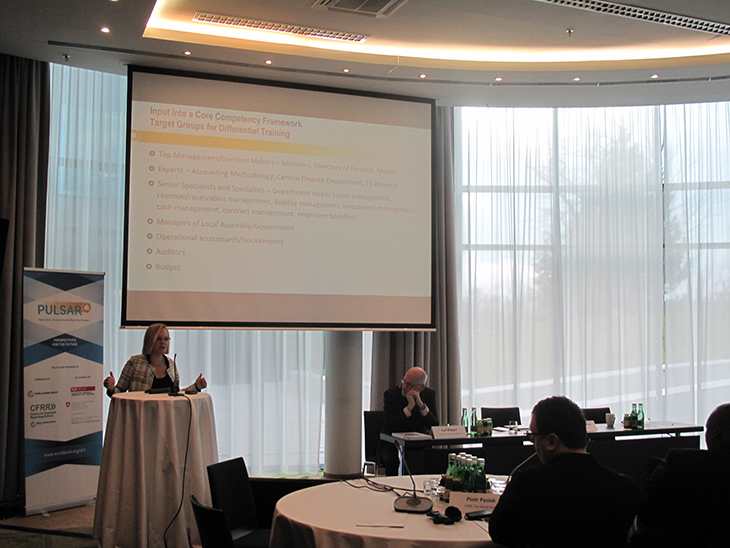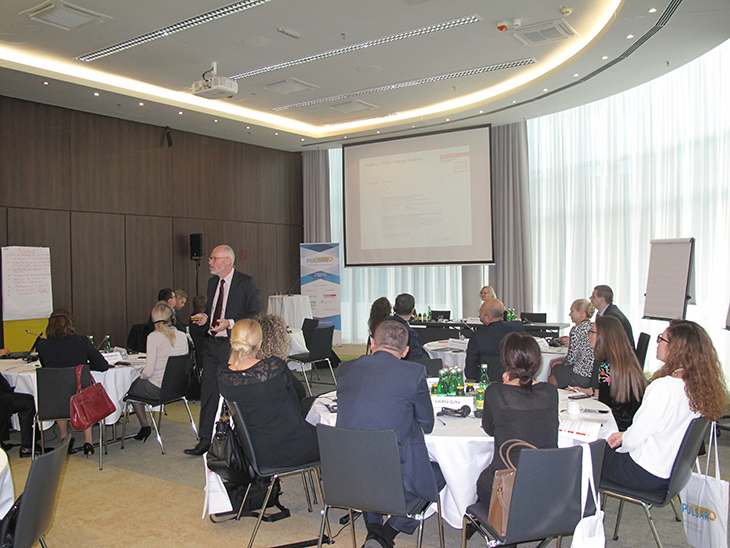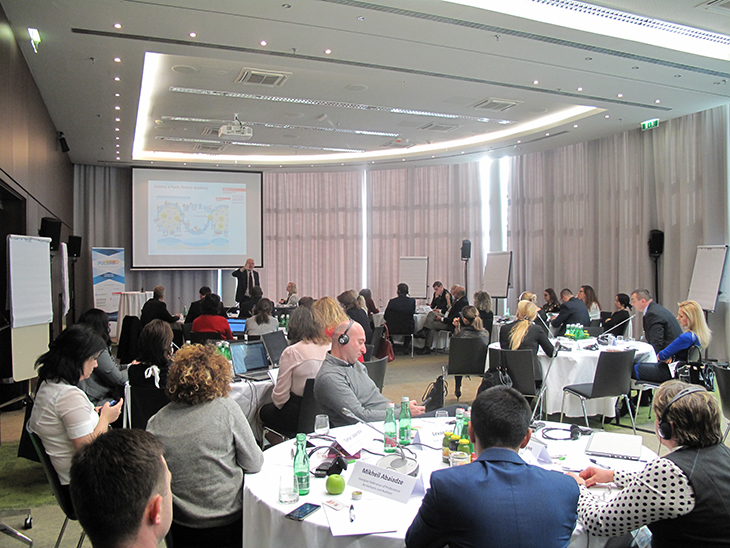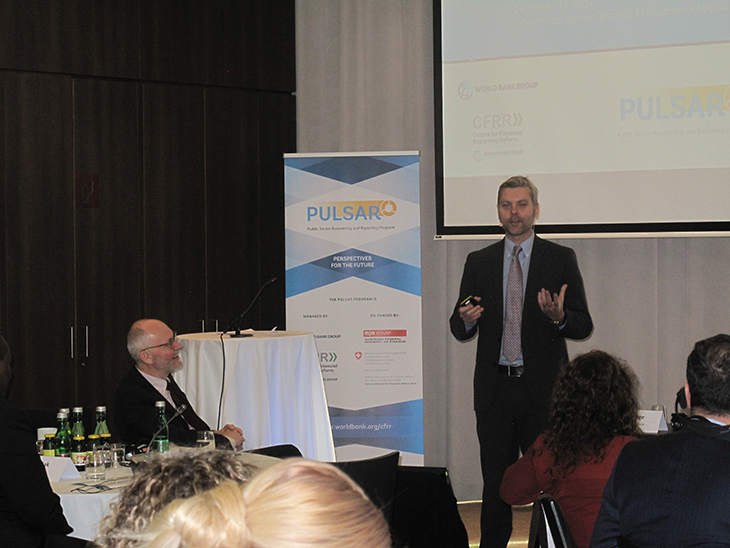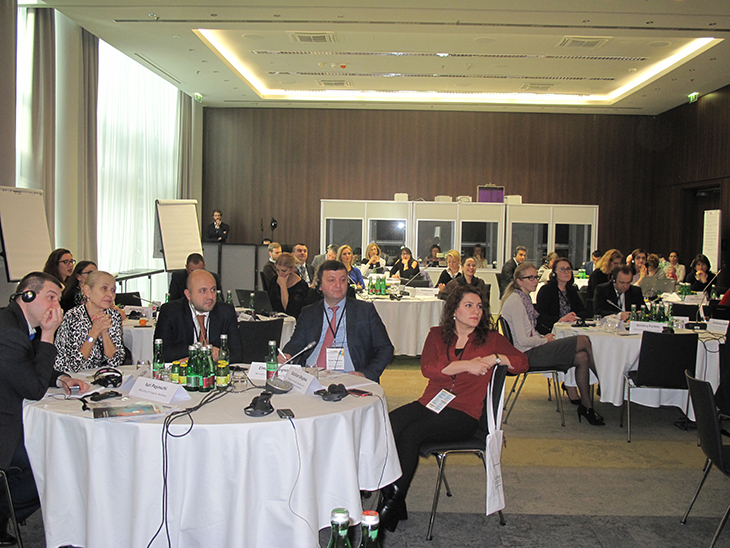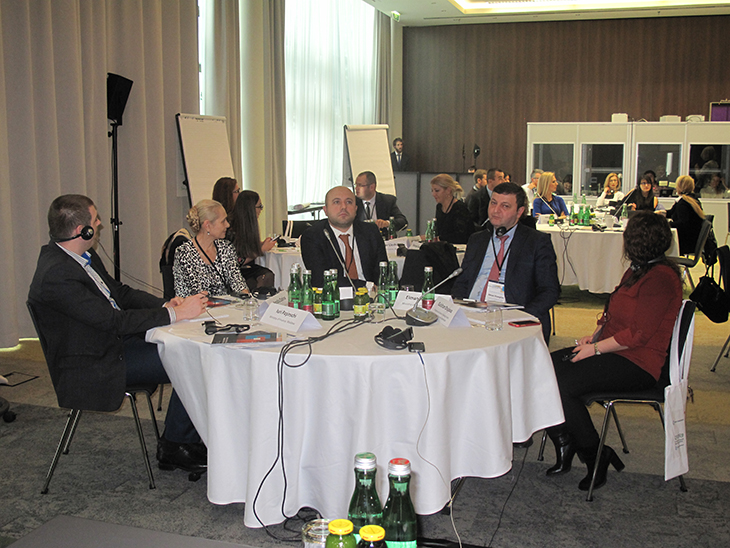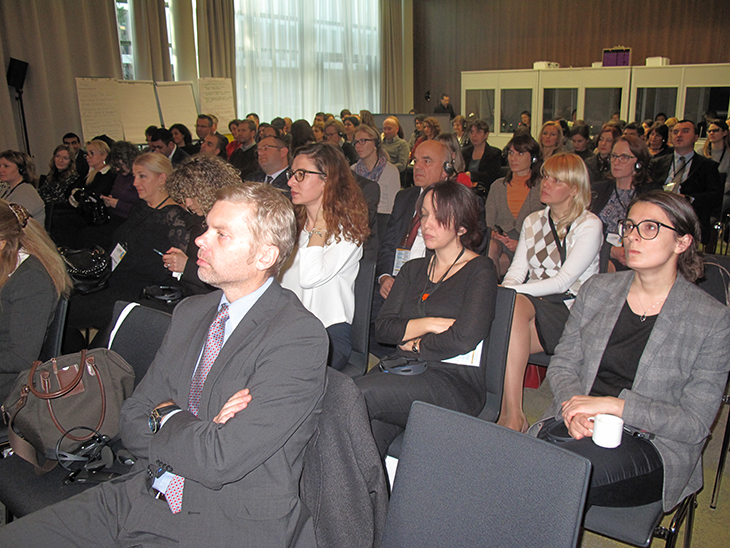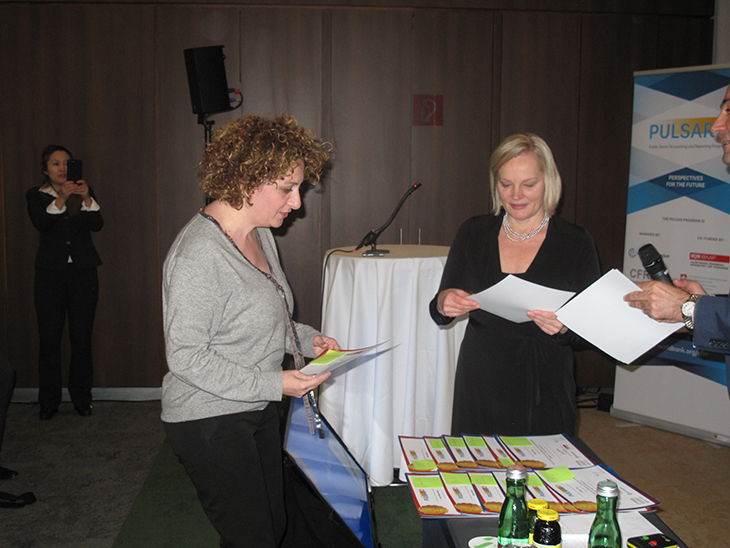The PULSAR program is an initiative to increase transparency, accountability, and better management of public resources through the enhancement of public sector accounting (PSA) and financial reporting frameworks. PULSAR is financed by the Governments of Austria and Switzerland and is implemented by the World Bank. Participating countries include Albania, Armenia, Azerbaijan, Belarus, Bosnia and Herzegovina, Croatia, Georgia, Kosovo, FYR Macedonia, Moldova, Montenegro, Serbia, and Ukraine.
The PULSAR Education Community of Practice (EduCoP) has been established to pursue the goal of improving public sector training, education, and continuous professional development aligned with international standards and good practice. The EduCoP, which brings together representatives of Ministries of Finance, universities, and professional accountancy organizations, met for an inaugural workshop in Vienna on December 12 and 13, 2017.
The role and aims of the EduCoP are to foster dialogue and cooperation among stakeholders nationally and regionally; enable sharing of experience and good practice examples; and encourage collective development of solutions to shared challenges. It aims to introduce knowledge, tools, and resources to help address the needs and constraints of participating countries with respect to quality PSA education and recruitment of PSA professionals.
In advance of the workshop all PULSAR countries completed a targeted questionnaire on their existing public sector accounting education provision. Benchmarking of public sector accounting education, already completed in twelve of the thirteen participating countries, was also analyzed. This provided details of curriculum and syllabus content, and highlighted opportunities for introducing public sector financial reporting topics in many of the countries. The group was given an overview of the various PSA frameworks and examples of education models applied globally. This included information on efforts within the European Union to develop common European university modules in PSA. The experience of Austria in establishing a Public Finance Academy and the example of the New Zealand model for collaboration between the public sector and private sector with respect to PSA further enhanced understandings of different approaches.
Participants learned more about the International Education Standards (IES) as promulgated by the International Accounting Education Standards Board. The IES promote consistency in accounting education, contributing to increased public trust, and improving the ability of the accountancy profession to meet the needs of decision makers.
Each participating country outlined their education objectives, priorities, challenges, and opportunities. Many common themes emerged, including strengthening PSA syllabi at both the university level (undergraduate and masters’ degree) and at professional accounting levels, which stimulated much useful discussion and experience sharing. Participants began working together to develop guidelines for minimum competencies required by public sector finance professionals, which will continue in upcoming EduCoP activities.
A very successful first meeting of the EduCoP concluded with the group agreeing on a number of priority topics for future EduCoP activities. The next event will continue the focus on PSA frameworks and educational models and will include a discussion on PSA certification programs and professionalization of the public sector finance function.
